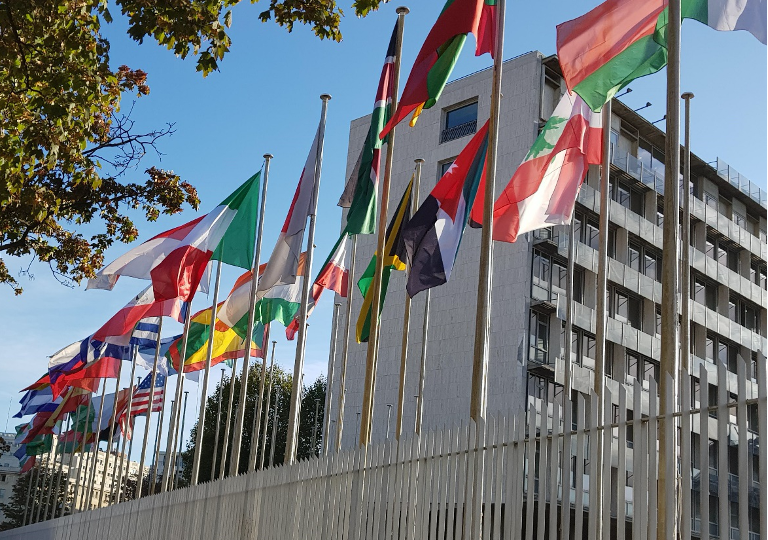Fachgebiet Kulturmanagement

Turn critical questions about culture, heritage and politics into strategies for practice and change.
How can cultural institutions and heritage practitioners navigate dynamic environments, from geopolitical tensions and authoritarian pressures to regional transformation and climate change? This guiding question shapes the teaching and research of the Chair of Cultural Management at Brandenburg University of Technology Cottbus–Senftenberg.
Our approach to cultural management
We understand cultural management not solely as an administrative function, but as the practice of enabling cultural production, creative collaboration and public discourse in fragile or shifting contexts. Our approach is organised around four interrelated components:
- Critical Analysis: Exploring the socio-political, legal, economic and environmental forces that shape cultural institutions, heritage practice and international cooperation.
- Knowledge Practices: Linking theory and practice through observation, collection, connection and curation as methodological approaches.
- Managerial Techniques: developing strategic and operational skills in areas such as planning, finance and communication.
- Disciplinary Expertise: immersion in a cultural or academic field provides the foundation for professional practice.
The interplay of these four components is essential in informing the Chair’s understanding of cultural management. Our current teaching is primarily tailored to Brandenburg University of Technology’s Heritage Studies programmes, which situates cultural management within international heritage debates and practices. The Chair also contributes to additional courses and cooperates with other faculties and departments in teaching, research and public outreach.
Current areas of focus
Our research and teaching activities currently concentrate on four thematic areas:
- Culture, Heritage and Authoritarianism: how rising authoritarian tendencies impact upon cultural institutions and heritage practice.
- Everyday Cultural Diplomacy: cultural cooperation and creative work in dynamic political and institutional settings.
- Cultural Infrastructures in Regional Transformation: exploring the role of culture in processes of energy transition and structural change.
- Heritage Management: integrating heritage studies with practical management tools.
Kontakt
Fachgebiet Kulturmanagement
Lehrgebäude 2A, Raum A0.04
Konrad-Wachsmann-Allee 2
03046 Cottbus
jens.adam(at)b-tu.de
T +49 (0) 355 69 3065
Assistentin
Steffi Ludwig
Lehrgebäude 2A, Raum A0.05
Konrad-Wachsmann-Allee 2
03046 Cottbus
steffi.ludwig(at)b-tu.de
T +49 (0) 355 69 2470
